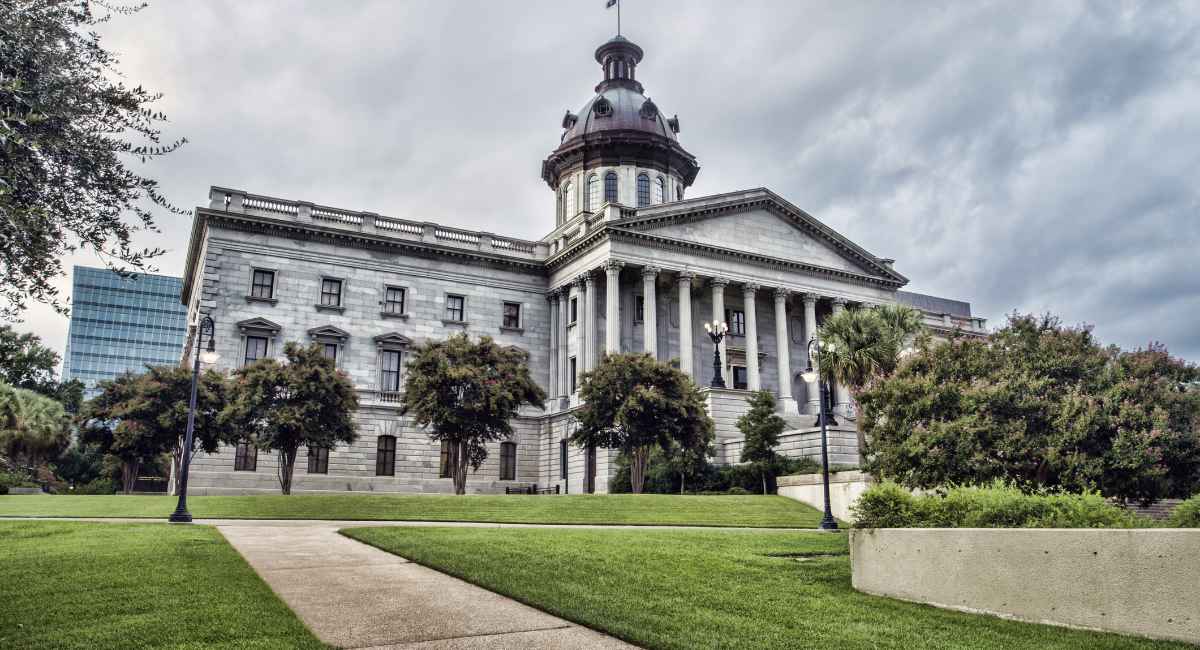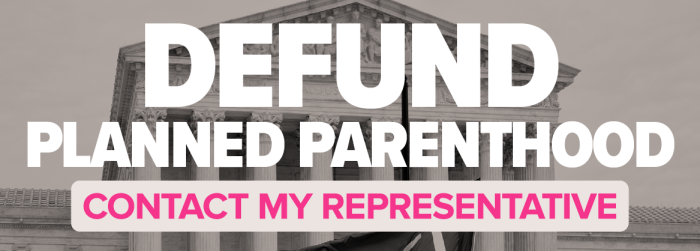Update 2/12/25: Gov. Henry McMaster filed an amicus curiae brief on Monday in what is now Medina v. Planned Parenthood South Atlantic. The case surrounds McMaster’s 2018 executive order that directed the South Carolina Department of Health and Human Services to remove abortion business from the state’s eligible Medicaid recipients, including Planned Parenthood.
“This case is about protecting the sanctity of life and preserving South Carolina’s right to govern itself in a way that reflects the values of its people,” said McMaster. “South Carolina has made it clear that we value the right to life. Therefore, taxpayers should not be forced to subsidize abortion providers who are in direct opposition to their beliefs. Just as I was in 2018, I am confident in our authority to terminate funding for Planned Parenthood, and I trust that the U.S. Supreme Court will agree.”
Opening arguments are currently scheduled for April 2.
2/5/25: The state of South Carolina has filed its opening brief in a case requesting the U.S. Supreme Court to weigh in on whether or not it can defund Planned Parenthood.
Last year, the Supreme Court decided it would hear the Kerr v. Planned Parenthood South Atlantic case, now known as Medina v. Planned Parenthood South Atlantic. Robert Kerr retired in November from the South Carolina Department of Health and Human Services (SCDHHS), and the new interim director is Eunice Medina, with whom ADF is now continuing the case. ADF’s opening brief asks the Supreme Court to consider:
Whether the Medicaid Act’s any-qualified provider provision unambiguously confers a private right upon a Medicaid beneficiary to choose a specific provider.
The case stemmed from a lawsuit brought by Julie Edwards, who sued the state of South Carolina because Medicaid would not pay for her to get birth control at Planned Parenthood. The Hyde Amendment bans federal funding from being used to pay for abortions, though individual states can choose to fund abortions. In South Carolina, Governor Henry McMaster issued an executive order in 2018 cutting off state funding from Planned Parenthood, as well as every other abortion business in the state.
Edwards claimed that Medicaid allows patients to go to the provider of their choice for health care. The U.S. Court of Appeals for the 4th Circuit agreed with Planned Parenthood, at which point Alliance Defending Freedom (ADF) requested that the Supreme Court step in.
ADF is further asking for the Supreme Court to rule that states can choose to defund private organizations, like Planned Parenthood.
“Reading a private right into the any-qualified provider provision would undermine the relationship between the states and the federal government,” the brief argues. “Private enforcement subjects states to unanticipated (and expensive) lawsuits. And it takes the Secretary’s enforcement flexibility and gives it to federal courts, meaning executive power is taken from the executive and given to the judiciary by the judiciary. The Court has set a high bar for recognizing private rights in spending statutes—and the any-qualified-provider provision doesn’t clear it. The Court should reverse.”
In a press release, ADF Senior Counsel and Vice President of Appellate Advocacy John Bursch said this is a decision that states should be allowed to make.
“Taxpayer dollars should never be used to fund facilities that make a profit off abortion,” he said. “State officials should be free to determine that Planned Parenthood and other entities that peddle abortion are not qualified to receive taxpayer funding through Medicaid. Congress did not create a right for Medicaid recipients to drag states into federal court to challenge those decisions. Nor did Congress intend for federal courts to second guess states’ decisions about which providers are qualified to receive Medicaid funding.”








